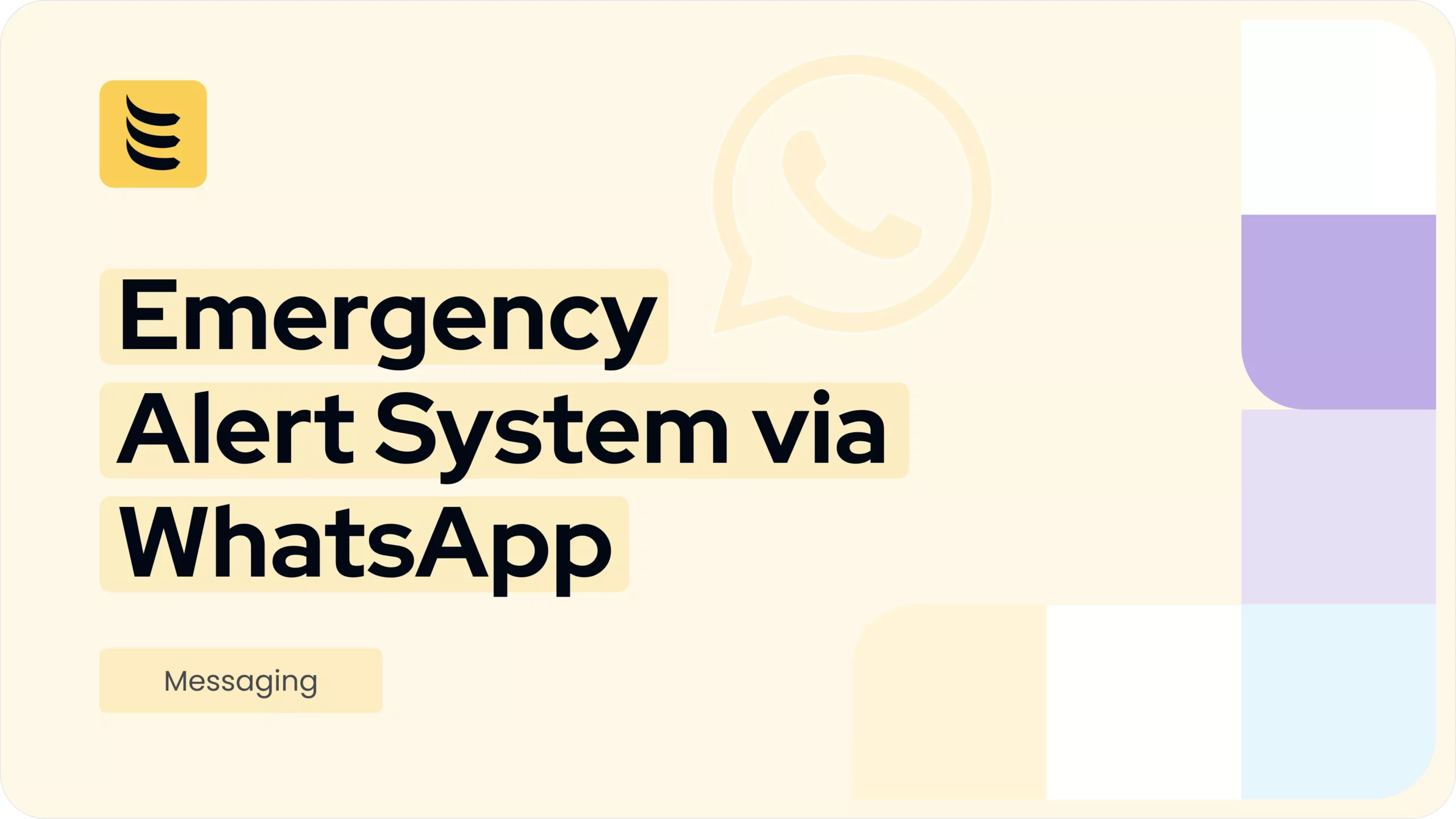VoIP and artificial intelligence (AI) are two of the fastest-growing elements of the technology sector.
VoIP utilises the Internet (as opposed to the PSTN) to make phone calls and is increasingly being used by businesses all across the globe.
The use of Artificial Intelligence (AI) is becoming increasingly common across numerous industries. The ability of technology to make decisions and replicate human behaviour has almost endless potential. From a business perspective, removing the need for human input to carry out routine tasks increases efficiency and can contribute to smarter decision-making.
In the VoIP arena, AI is likely to be heavily utilised in the coming years. Some of the potential uses are outlined below.
1. Customer Service
AI is able to recognise the mood of the caller by analysing speech patterns. After working out whether the caller is happy, angry, or neutral, it can pair the caller with the appropriate agent. Moving forward, AI could allow real-time translation of calls so that language no longer proves a barrier.
2. Bots
AI-powered bots can be used in businesses to create schedules, manage meetings and streamline processes. By carrying out repetitive, time-consuming tasks, bots can free up the time for employees to use on tasks that only humans can do.
3. Interactive Voice Response (IVR)
These systems are designed to accelerate communication between employees, customers and other stakeholders. When an agent receives a call, they can be provided with all the relevant information they need about the caller. This allows each customer to be treated as an individual and means that there is no need for them to repeat information.
Choosing an international VoIP wholesale provider
These systems are designed to accelerate communication between employees, customers and other stakeholders. When an agent receives a call, they can be provided with all the relevant information they need about the caller. This allows each customer to be treated as an individual and means that there is no need for them to repeat information.
4. Conference Calling
VoIP has made conference calling simpler and more affordable. In terms of AI, going forward, the ability to translate in real-time will enable customers to interact with foreign clients, suppliers, and employees.
5. Work pattern recognition
Every year, hundreds of hours are spent creating itineraries and calendars. AI is able to learn from working and calling patterns and to create employee calendars automatically. Additionally, prior to important meetings, AI software can read through data, reports, and workflows and construct a summary containing all the relevant information. This can significantly reduce the preparation time required.
6. Smart Routing
Leading VoIP providers such as IDT are fully aware of the potential for AI to enhance the call routing process. With a myriad of factors involved in optimising the routing of countless calls, the call performance and quality data associated with the process is of a volume that only technology can analyse to its fullest extent. As machine learning and AI evolve, we can expect to see implementations that automatically optimise routing based upon this information, thereby enhancing call quality and minimising routing costs to the benefit of all.




